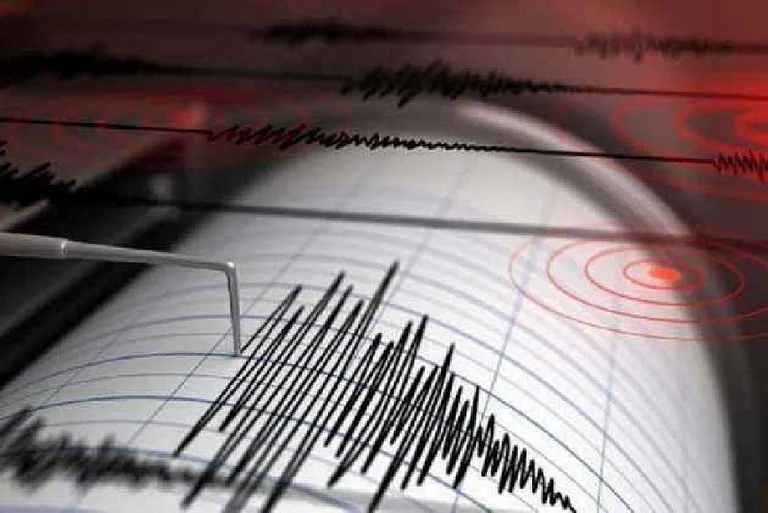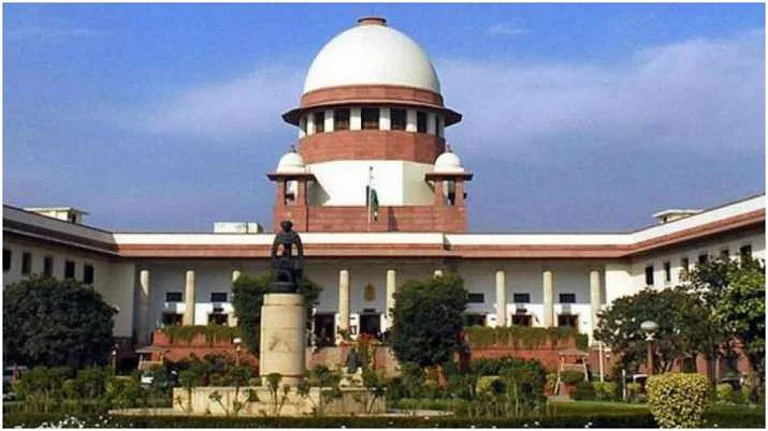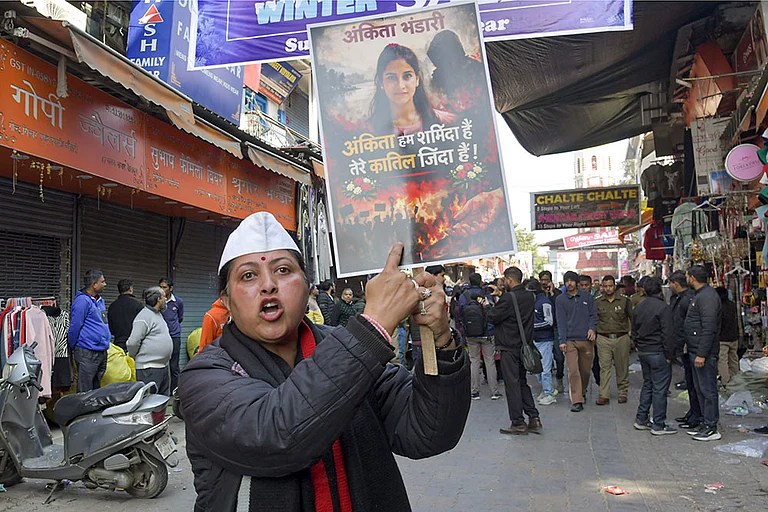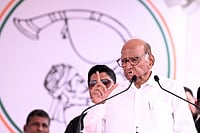The Gujarat government on Wednesday justified its demolition action in Gir Somnath district before the Supreme Court saying it was an ongoing drive for removing encroachments on public land.
A bench of Justices BR Gavai, Prashant Kumar Mishra and KV Viswanathan was informed by the Gujarat government of neither there being wilful disobedience on the part of its authorities nor any violation of the September 17 order of the apex court.
On September 17, the top court had stopped demolition of properties, including of those accused of crime, without its permission, while observing that even one instance of illegal demolition was against the "ethos" of the Constitution.
It, however, clarified that its order would not be applicable to unauthorised structures on public roads, footpaths, railways lines or public places like water bodies, among others.
In an affidavit filed by the collector of Gir Somnath district, the state government pointed out that on September 17, the top court was categorical in stating that the stay on demolition does not apply to encroachments on "public places" and government lands.
The affidavit said that "public place" specifically included "water bodies" as per the order dated September 17, 2024.
"In the present case, it is respectfully submitted that after noting the said exception carved out by this court in larger public interest, the respondent authorities continued the process of removal of encroachments from government lands, which had been ongoing, after following due process of law," the government said.
Relying on the revenue records showing the lands' ownership, the Gujarat government highlighted that the encroachments were on government land abutting a water body, the Arabian Sea, and therefore its action was within the exceptions set out by the top court.
The collector explained that the drive in Prabhas Patan village, on September 28, 2024, was the fifth phase of removal of encroachments.
"All phases of demolition have taken place by following due procedure prescribed in law...it is unfortunate that the petitioner, in the captioned petition, has given a communal colour to the work performed by the respondents," he added.
The state government further claimed Summast Patni Muslim Jamaat, which filed the contempt petition against Gujarat authorities, had moved court with "unclean hands".
"Phase 5 cleared about 102 acres of government land of encroachments, having a market value of approximately Rs 320 crore," it said.
On October 4, the top court while hearing the contempt petition cautioned Gujarat authorities over demolitions in the state, saying if it found they acted in contempt of its recent order against such action, it would ask them to restore the structures.
The bench, however, refused to pass an order of status quo on the demolition near the Somnath Temple in Gujarat.
On September 28, a demolition drive was carried out to clear public lands of encroachments near the temple.
The administration had said religious structures and concrete houses were demolished during the drive that freed the government land from encroachment.
On October 1, the SC had reserved its verdict on a batch of pleas that alleged that properties, including of those accused of crime, were being demolished in several states.
The top court had said it would frame pan-India guidelines on demolition of properties.


























